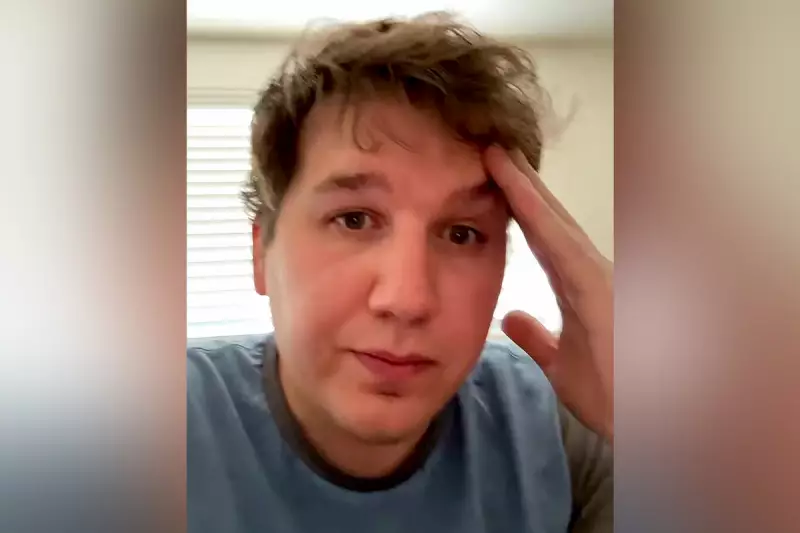
Turning Point USA founder Charlie Kirk has ignited a firestorm of criticism following a disturbing remark made during a campus event, where he suggested a student questioner should be "shot." The incident, which occurred during a speaking engagement, has plunged the already contentious debate around free speech and political discourse on American university campuses into further disrepute.
A Heated Exchange Turns Sinister
The controversy erupted during a question-and-answer session. A student, challenging Kirk on his views, engaged the commentator in a heated debate. The exchange, captured on video and widely circulated on social media, quickly escalated beyond typical political sparring.
In response to the student's persistent questioning, Kirk turned to the audience and made the incendiary comment: "Someone needs to get that guy shot." The remark was delivered to a mix of laughter and applause from sections of the crowd, while others appeared stunned by the violent rhetoric.
Immediate Outcry and Damage Control
The backlash was swift and severe. Critics, including political opponents and free speech advocates, condemned the remark as dangerously irresponsible. Many highlighted the potential for such language, coming from a influential figure, to incite violence against perceived opponents.
In response to the growing scandal, a spokesperson for Turning Point USA issued a statement characterising Kirk's words as a "clearly sarcastic joke" not meant to be taken literally. They asserted that the comment was a response to the student's allegedly aggressive behaviour and was understood as such by the majority of the audience.
The Broader Context of Campus Tensions
This incident is not isolated. It occurs against a backdrop of increasingly volatile appearances by political figures on university grounds, where protests and counter-protests have become commonplace. Kirk's tour, in particular, has frequently been met with organised demonstrations, highlighting the deep political divisions within educational institutions.
The event has reignited debates about the limits of free speech, the responsibility of public speakers, and the safety of student protesters. University authorities and student unions are now facing renewed pressure to ensure that campus discourse remains robust yet safe for all participants, without threats of violence—whether in jest or not.






